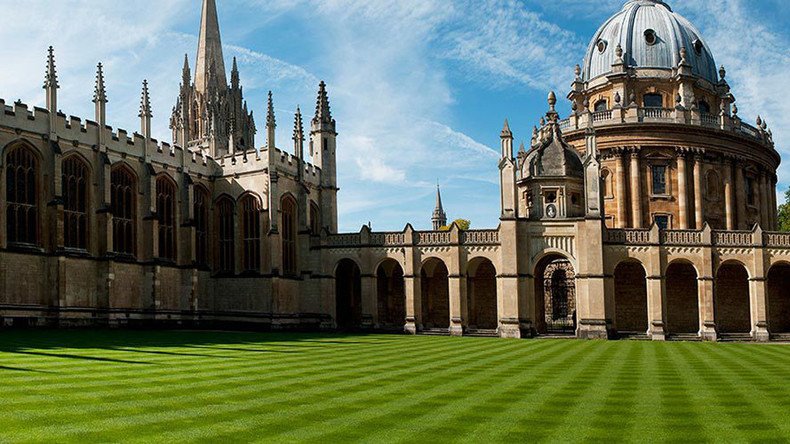Posh politicians ‘repel’ working class voters, study finds

Wealthy Labour Party candidates “particularly repel” working class voters who don’t believe these would-be representatives are in touch with their values or interests, a study has found.
Royal Holloway academic Oliver Heath compiled his findings in a paper published in a new book titled ‘More Sex, Lies and the Ballot Box.’
Past Labour leaders such as Neil Kinnock and Tony Blair consciously pursued a strategy of selecting “more and more middle class candidates to run for office during the 1980s and 1990s as part of an effort to rebrand,” says Heath.
This process drove working class voters towards other parties including the populist right-wing UKIP. Heath claims that it also helped to inform the Brexit vote among working class voters in former Labour heartlands in the north of England.
“What the research showed was that as Labour candidates became more middle class, many working-class people simply stopped voting. For the last 20 or 30 years we have had a picture of gradually growing working class abstention,” Heath argues.
He said it would be “very difficult” to “rebuild the connection in a credible way.”
“The party needs to reassess what its social identity is – who it wants to represent: the disaffected working class voters in the north or the more liberal middle classes. I think it was easier when it had a strong identity at the core,” he said.
Heath also found that the posh new brand of Labour MPs had the capacity to “particularly repel” working class people because they were seen as unapproachable and less trustworthy when it came to issues of socioeconomic justice.
“MPs from privileged backgrounds are indeed perceived as less ‘in touch’ by working class voters, who will regard a pledge to stand up for the underprivileged as more credible coming from someone whose own background is modest than a similar promise coming from the child of millionaires,” Heath said.












